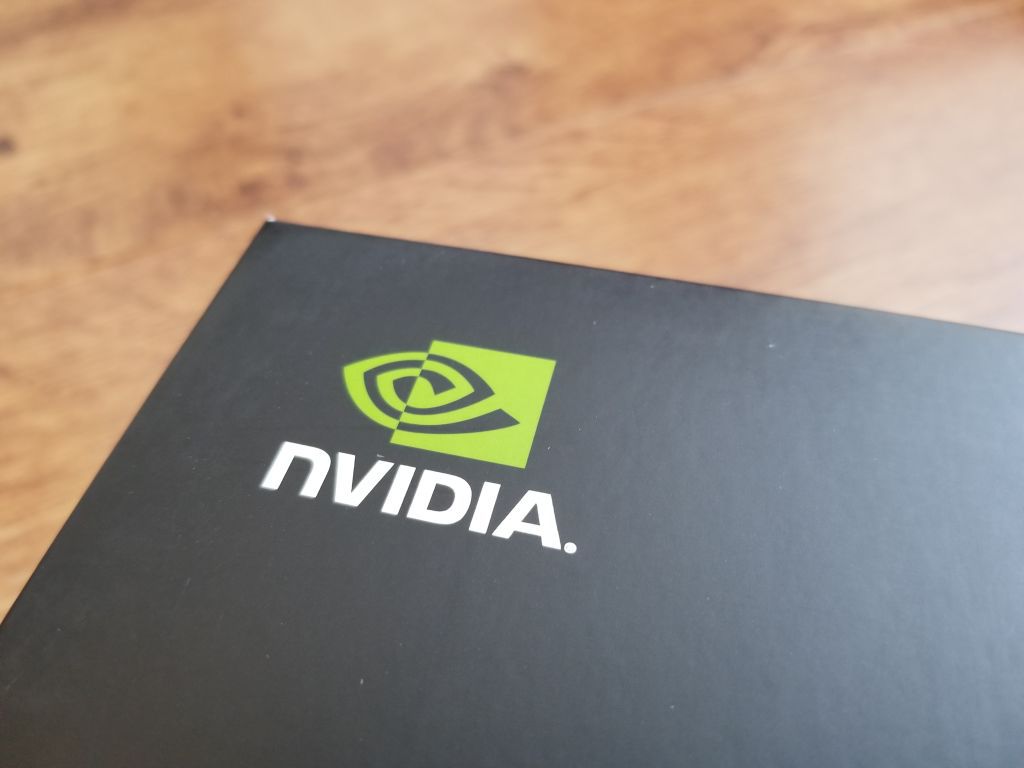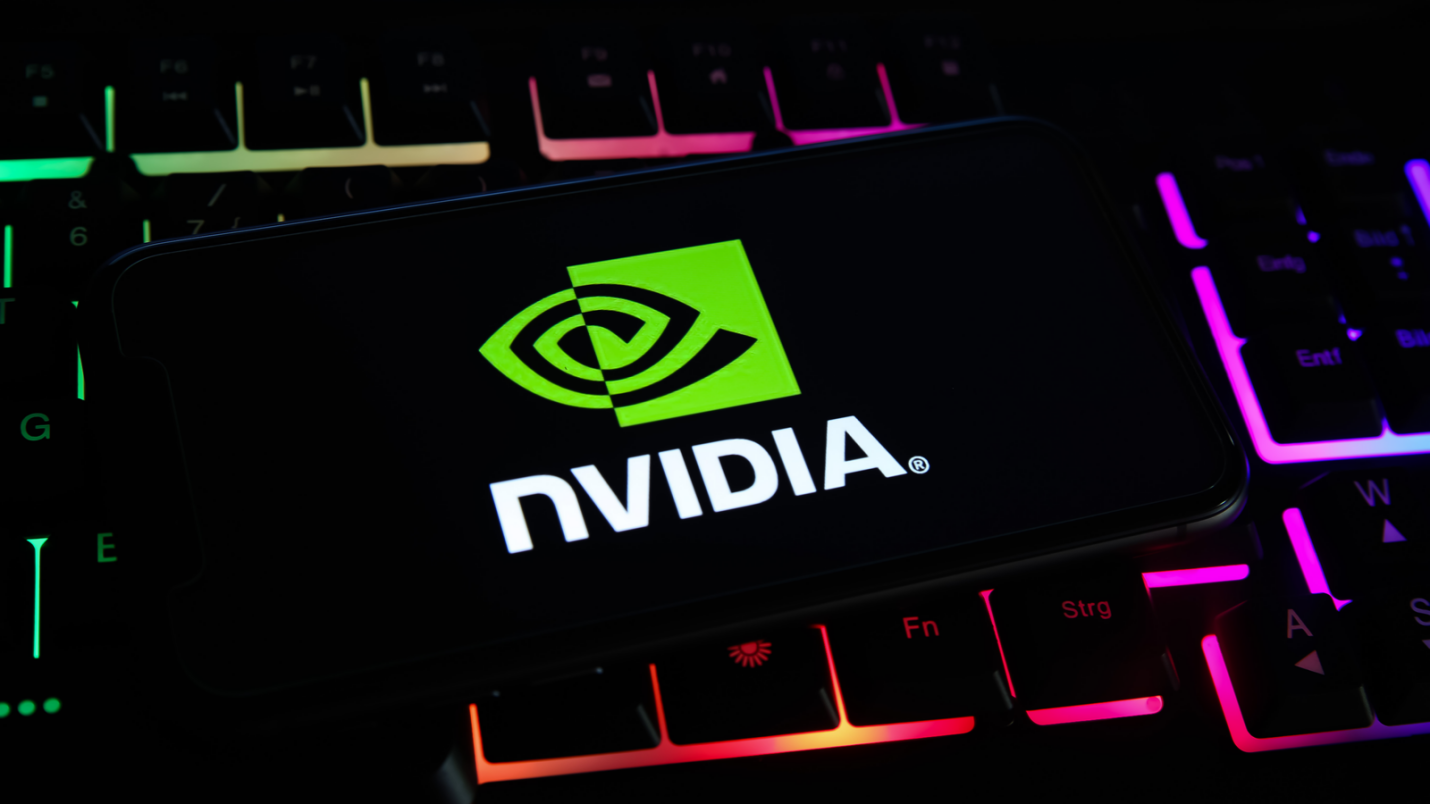Major Stockholders of Nvidia
Oct 28, 2023 By Triston Martin
Santa Clara, California's Nvidia Corp. was established in 1993 as a silicon chip manufacturer dedicated to GPUs. As a result of its efforts to establish itself as an industry standard in areas such as visual computing, gaming, visualization, data center, cryptocurrency mining, and artificial intelligence, Nvidia has experienced phenomenal growth worldwide.
Jen-Hsun Huang, Colette M. Kress, and Mark A. Stevens are among Nvidia's top individual shareholders, while Vanguard Group Inc., BlackRock Inc. and FMR LLC are among the company's top institutional investors.
What Does NVIDIA's Large Institutional Ownership Reveal?

The performance of institutional investors is sometimes measured against that of a widely watched index. Larger firms that are part of the applicable benchmark index are seriously considered. Institutional investors are visible in NVIDIA, and they hold significant equity. The fact that expert investors seem to believe in it is a good sign.
The problem is that we can't rely on it alone since even the most reputable organizations can make poor investing decisions. There might be a significant decline in the price of a company if two large institutional investors decide to unload their holdings simultaneously. As a result, you should look at NVIDIA's revenue history (below). Remember that there are other considerations to take into account as well.
The Top Three Insider Shareholders

The three largest insider shareholders in Nvidia are listed below. This list only includes those who have a stake in the company outright; it does not include those who have a financial interest through stock options or other means.
Jen-Hsun Huang
Jen-Hsun Huang, better known by his pen name, Jensen Huang, owns around 1.3 million shares in Nvidia, or 0.21 percent of the company. Huang, who started the business in 1993, is currently the head of it. The Nvidia board of directors includes him. Huang worked for LSI Logic Corp. and Advanced Micro Devices Inc. before he founded Nvidia. Huang has a net worth of around $14.6 billion, placing him at #186 on Forbes' list of billionaires.
Colette M. Kress
With her 157,773 Nvidia shares, Colette M. Kress controls 0.03 percent of the company. Kress holds the position of CFO and Executive Vice President. She has held positions as the chief financial officer of Cisco Systems Inc.'s Business Technology and Operations Finance group and Microsoft Corp.'s Server and Tools business before joining the firm in 2013.
Mark A. Stevens
With his 157,186 Nvidia shares, Mark A. Stevens controls 0.03% of the company. From 1993 through 2006, beginning in 2008, Stevens was a member of Nvidia's board of directors. Stevens has served as managing partner of S-Cubed Capital, a private family office investment business, since 2012. He has worked at Intel Corp. and Hughes Aircraft Co. and served as a managing partner at Sequoia Capital's venture capital from 1993 until 2011.
Most Important 3 Institutional Investors
Quarter four of 2021 saw almost 2,000 13F-filing institutions listing Nvidia shares. Nvidia is a top 10 holding for 171 of these companies. Institutional investors own around 66.7% of Nvidia's outstanding shares.
The Vanguard Group, Inc
According to Nvidia's 13F filing for the period ending December 31, 2021, Vanguard Group holds 48.0 million shares of Nvidia or 7.7% of the total shares outstanding.
With over $6.2 trillion in total assets under management, the firm focuses mostly on managing mutual funds and ETFs. Nearly $47.3 billion is held in the Vanguard Information Technology ETF. At around 3.2% of total assets, Nvidia is the fund's third-largest investment.
BlackRock, Inc.
According to Nvidia's 13F filing for December 31, 2021, BlackRock holds 44.8 million shares, or 7.2% of the total shares outstanding. In terms of assets under management, the firm specializes in mutual funds and exchange-traded funds, and it now manages almost $8.7 trillion.
Approximately $7.0 billion in assets under management are held by the iShares PHLX Semiconductor ETF. For example, 8.8% of the fund's total value is invested in Nvidia, making it the single largest position.
FMR, LLC
According to FMR's 13F filing for the fiscal year ending December 31, 2021, the firm reported ownership of 43.7 million shares of Nvidia or 7.1% of the total shares outstanding. Investment management, retirement planning, brokerage, financial planning, and wealth management are all offered by FMR, one of the leading financial services firms in the country.
Its subsidiary, Fidelity Investments, manages around $3.8 trillion in discretionary assets under management for the corporation. 11 The company oversees several exchange-traded funds and mutual funds.





